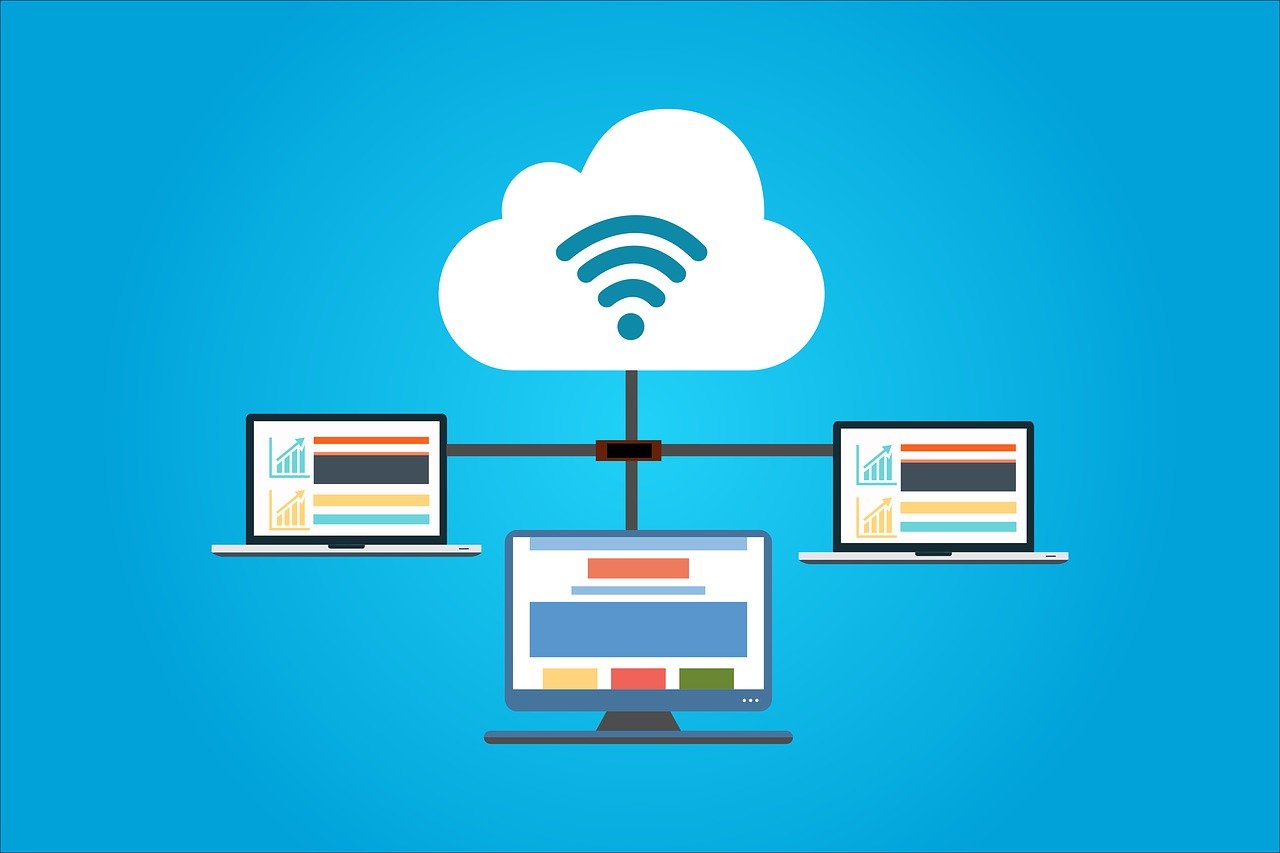When most people hear blockchain, they think of Bitcoin and other cryptocurrencies. While blockchain is the underlying technology behind digital currencies, its potential goes far beyond finance. Today, blockchain is transforming industries like supply chain, healthcare, real estate, and cybersecurity, offering innovative solutions for transparency, security, and decentralization.
In this post, we’ll explore how blockchain technology is being used beyond cryptocurrency and why it’s a game-changer for various sectors.
🌐 What is Blockchain?
At its core, blockchain is a decentralized digital ledger that records transactions across a network of computers. It’s secure, transparent, and immutable, meaning that once data is added to the blockchain, it cannot be altered. This makes blockchain ideal for applications where trust, verification, and transparency are critical.
🚀 Key Use Cases of Blockchain Beyond Cryptocurrency
1️⃣ Supply Chain Management
Blockchain improves supply chain transparency by providing an immutable record of every transaction and movement within the supply chain. This helps businesses track products from origin to destination, reducing fraud and improving efficiency.
- Example: Companies like IBM and Walmart use blockchain to track food products, ensuring safety and traceability.
Benefits:
- Enhanced traceability and accountability
- Reduced fraud and counterfeiting
- Faster dispute resolution
2️⃣ Healthcare and Medical Records
In healthcare, blockchain ensures the secure storage and sharing of patient records. It allows for better interoperability between healthcare providers while maintaining data integrity and patient privacy.
- Example: Medicalchain uses blockchain to create a secure platform for managing and sharing electronic health records (EHRs).
Benefits:
- Improved data security and privacy
- Reduced administrative costs
- Easier access to medical history
3️⃣ Voting Systems
Blockchain can revolutionize voting by providing a secure and transparent platform for elections. It ensures that votes are tamper-proof and verifiable, reducing the risk of fraud and increasing voter confidence.
- Example: Voatz has piloted blockchain-based voting in several elections to enable secure remote voting.
Benefits:
- Increased voter participation
- Enhanced security and transparency
- Real-time vote verification
4️⃣ Real Estate and Property Management
Blockchain simplifies property transactions by eliminating intermediaries and providing a transparent record of ownership. Smart contracts can automate processes like title transfers and escrow services.
- Example: Propy, a blockchain-based real estate platform, enables seamless property transactions and title management.
Benefits:
- Faster, more efficient transactions
- Reduced fraud in property ownership
- Lower transaction costs
5️⃣ Digital Identity and Personal Data Management
Blockchain gives individuals control over their digital identities, reducing the risk of identity theft and enabling more secure online interactions. Users can share specific information without exposing their full identity.
- Example: Sovrin uses blockchain to create self-sovereign identities that users fully control.
Benefits:
- Enhanced privacy and security
- Reduced identity theft
- Better control over personal data
6️⃣ Decentralized Finance (DeFi)
Beyond traditional cryptocurrencies, Decentralized Finance (DeFi) offers financial services such as lending, borrowing, and trading without intermediaries. Blockchain ensures transparency and security in these peer-to-peer transactions.
- Example: Platforms like Uniswap and Aave enable decentralized financial services powered by blockchain.
Benefits:
- Greater financial inclusion
- Reduced reliance on banks
- Transparent and efficient transactions
📈 The Impact of Blockchain Technology
✅ Enhanced Security: Immutable records and cryptographic algorithms ensure data integrity and protection from fraud.
✅ Transparency and Trust: Blockchain’s decentralized nature fosters trust among participants.
✅ Cost Reduction: By eliminating intermediaries, blockchain reduces operational costs in various sectors.
✅ Automation with Smart Contracts: Smart contracts execute automatically when predefined conditions are met, improving efficiency and reducing paperwork.
🛡️ Challenges of Blockchain Adoption
Despite its potential, blockchain faces several challenges:
❌ Scalability Issues: Blockchain networks can be slow and resource-intensive compared to traditional databases.
❌ Regulatory Uncertainty: Different countries have varying regulations for blockchain applications.
❌ Interoperability: Lack of standards makes it difficult for different blockchain networks to communicate.
❌ Energy Consumption: Some blockchain platforms (e.g., Bitcoin) consume significant energy for consensus algorithms.
🌟 The Future of Blockchain
Blockchain is still in its early stages, but its potential is vast. As technology matures, we’ll likely see more blockchain-based solutions for government services, digital rights management, insurance, and global trade. The focus will be on improving scalability, interoperability, and user-friendliness to make blockchain more accessible and widely adopted.
🎯 Final Thoughts
Blockchain is far more than just a foundation for cryptocurrency. Its ability to create secure, transparent, and decentralized systems opens the door to endless possibilities across industries. While there are challenges to overcome, businesses that embrace blockchain will be better positioned to innovate and thrive in a digital-first world.
Want to stay ahead of the blockchain revolution? Follow Packet-Switched.com for the latest insights and use cases! 🚀



